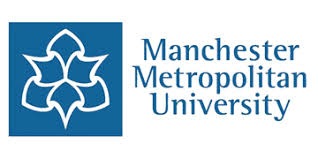This special session is organised and supported by Saudi Electronic University
Session Chairs:
Dr. Mohammad Hammoudeh, Manchester Metropolitan University, UK
Session Co-Chair Dr. Gregory Epiphaniou, University of Wolverhampton, UK |
 |
Synopsis
Blockchain is a cryptographically secure, immutable and distributed ledge. Its security offers an opportunity to enhance Internet of Things (IoT) systems with more automated resource optimisation and interaction with the cyber physical system. IDC estimates that by 2019, as much as 20% of IoT deployments will include blockchain technology. In the scope of Industry 4.0, literature focuses on IoT’s end-to-end data model and on blockchain’s autonomous decisions. The application of blockchain to IoT is still in its infancy and the union of the two verges is currently untested. This special track invites research that addresses the underlying challenges between the two vertical – IoT and blockchain.
Main Topics of Interest
In this track, we solicit contributions from researchers and practitioners that focus on the practical application of blockchain to IoT. We invite submissions of unpublished and original research addressing all aspects of the future of blockchain application to IoT. Topics of interest includes, but not limited to, the following topics:
* Automated resource optimisation
* Securing IoT using blockchain
* IoT data storage and sharing using blockchain
* Automating interactions between nodes in the system
* IoT Hash-based security
* Blockchain for IoT device identity verification and provenance authentication
* Consensus and agreement models for detecting malicious devices and mitigating threats
* Blockchain and IoT integration
* Secure supply chain
* System design and implementation of Blockchain based IoT systems
* New Blockchain consensus protocols, platforms and development tools for IoT
Paper Submission:
Prospective authors are invited to submit full-length papers (not exceeding 6 pages) conform to the IEEE format . All papers will be handled and processed electronically via the EDAS online submission system.
Submission implies the willingness of at least one of the authors to register and present their papers.

